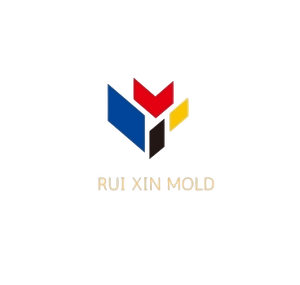
- Custom CNC parts machining is a precision manufacturing service where computer-controlled machines (CNC) are used to produce bespoke parts tailored to specific designs and requirements. This process accommodates complex geometries, tight tolerances, and a variety of materials, making it ideal for industries like automotive, aerospace, medical, electronics, and consumer goods.
Service Scope
- CNC Milling: Ideal for creating parts with complex 3D shapes, pockets, and holes.
- CNC Turning: Produces cylindrical components with high precision.
- 5-Axis CNC Machining: Handles intricate geometries and undercuts in a single setup.
- Rapid Prototyping: Fast production of prototypes to test designs before mass production.
- Batch Production: Scalable for low to high-volume production needs.
Metals:
- Aluminum: Lightweight, corrosion-resistant, suitable for aerospace, automotive, and electronics.
- Steel: Durable and strong, widely used in structural and mechanical parts.
- Stainless Steel: Corrosion-resistant and ideal for medical and food-grade applications.
- Titanium: High strength-to-weight ratio, perfect for aerospace and medical implants.
- Brass/Copper: Excellent conductivity for electrical components.
Plastics:
- POM (Delrin): Low friction, wear-resistant for gears and bushings.
- ABS: Durable and versatile for prototypes and consumer products.
- PTFE (Teflon): High chemical and temperature resistance.

Production Details
Design and Development:
- CAD/CAM software creates precise part designs and machining programs.
- DFM analysis ensures manufacturability and optimizes production costs.
Machining Process:
- Material Preparation: Raw material is selected and prepped for machining.
- Cutting Tools: High-precision tools like end mills, drills, and inserts are used.
- CNC Programming: G-code controls machine movement for accuracy.
- Quality Control: Parts undergo dimensional inspection, often using CMM (Coordinate Measuring Machines).
Finishing: Secondary processes like polishing, anodizing, heat treatment, and painting are applied for enhanced aesthetics and functionality.
- Automotive: Engine components, gears, brackets, and interior trims.
- Aerospace: Turbine blades, structural parts, and prototypes.
- Medical: Surgical tools, implants, and diagnostic equipment.
- Electronics: Housings, connectors, and heat sinks.
- Consumer Goods: Custom enclosures, handles, and decorative components.
Features
- High Precision: Tolerances as tight as ±0.01 mm.
- Flexibility: Handles simple to highly complex geometries.
- Material Variety: Compatible with metals, plastics, and composites.
- Scalability: Suitable for prototyping and mass production.
- Efficiency: Short lead times and optimized production cycles

Q: What is the typical lead time for custom CNC parts?
A: Lead time varies but is usually 1-4 weeks depending on part complexity and order volume.Q: What tolerances can CNC machining achieve?
A: CNC machining can achieve tolerances as tight as ±0.01 mm, depending on the material and part design.Q: Can CNC machines work with customer-supplied materials?
A: Yes, most manufacturers accept customer-supplied materials, provided they meet machining requirements.Q: How is quality assured for CNC-machined parts?
A: Quality control includes dimensional inspection, material testing, and adherence to ISO standards.Q: What file formats are required for CNC machining?
A: Common file formats include STEP (.stp), IGES (.igs), and SolidWorks (.sldprt) files.
None







